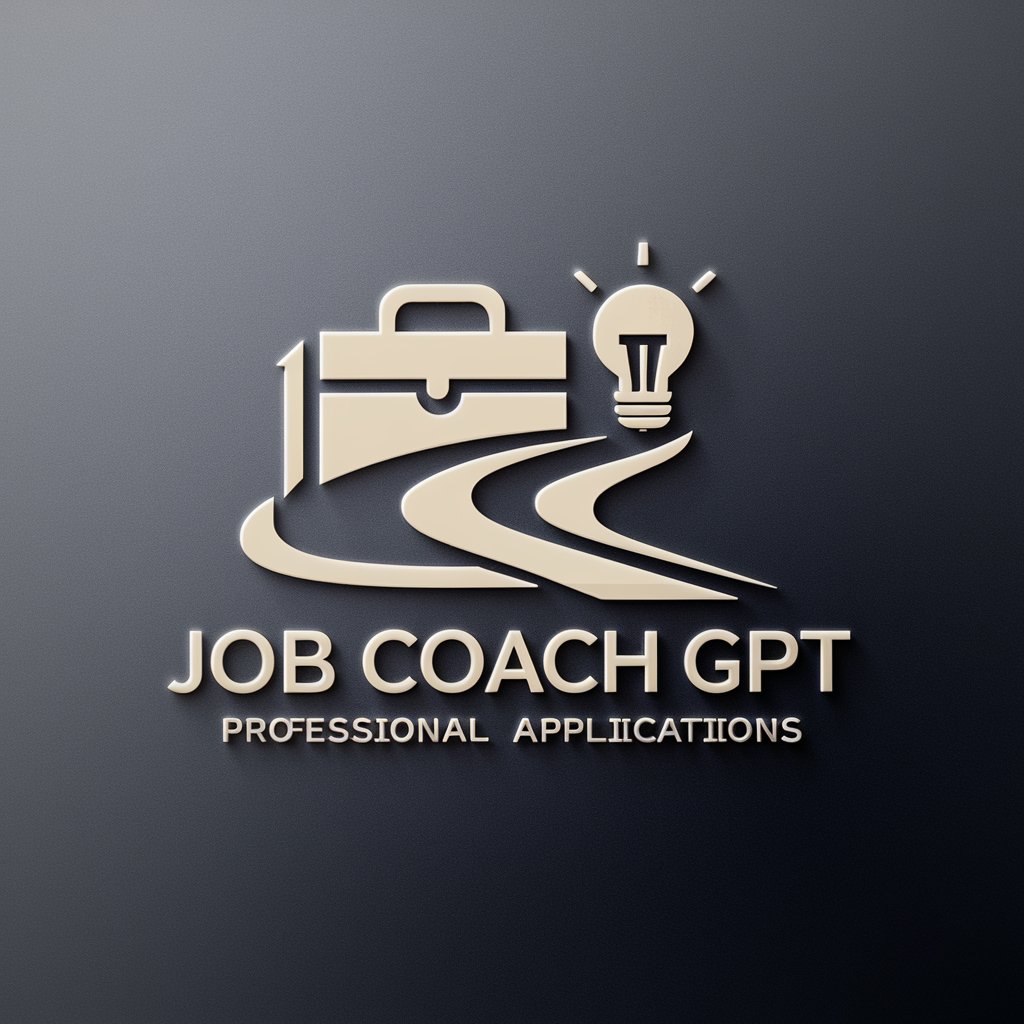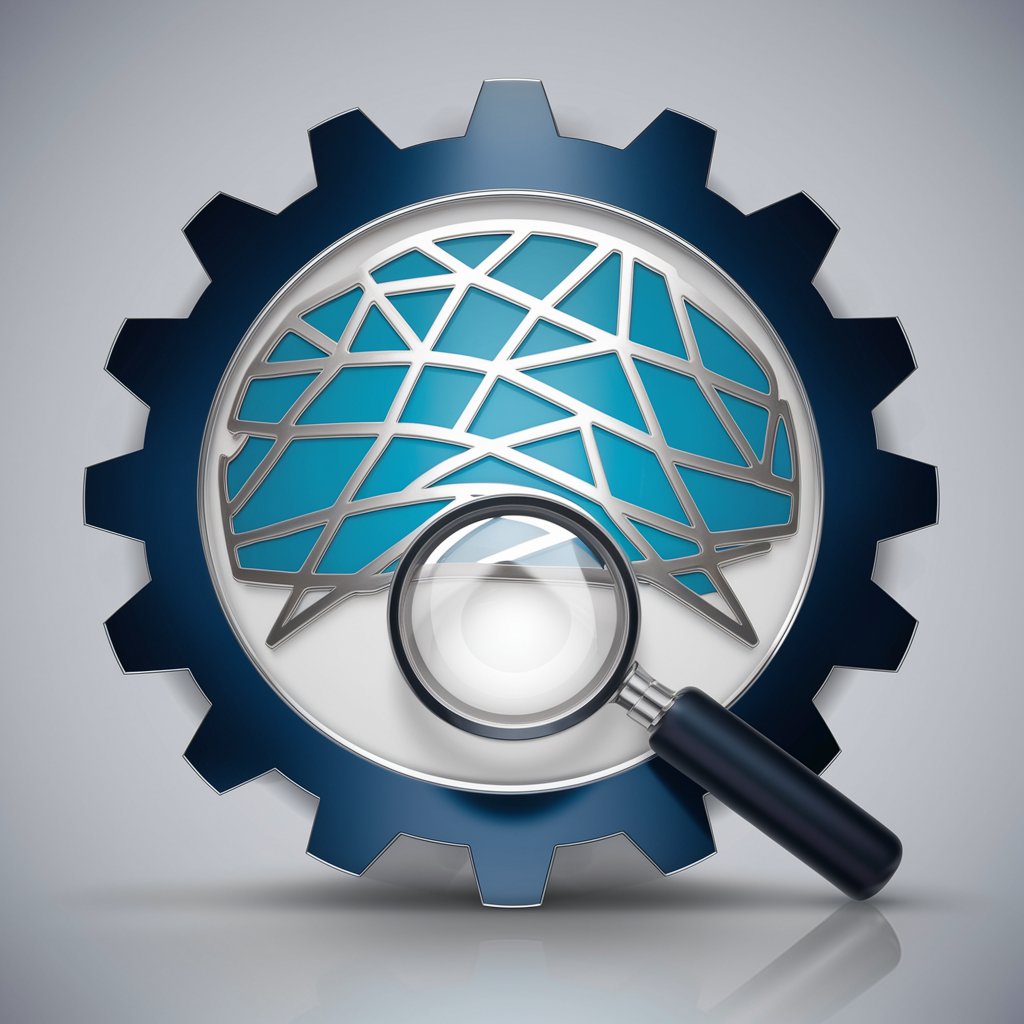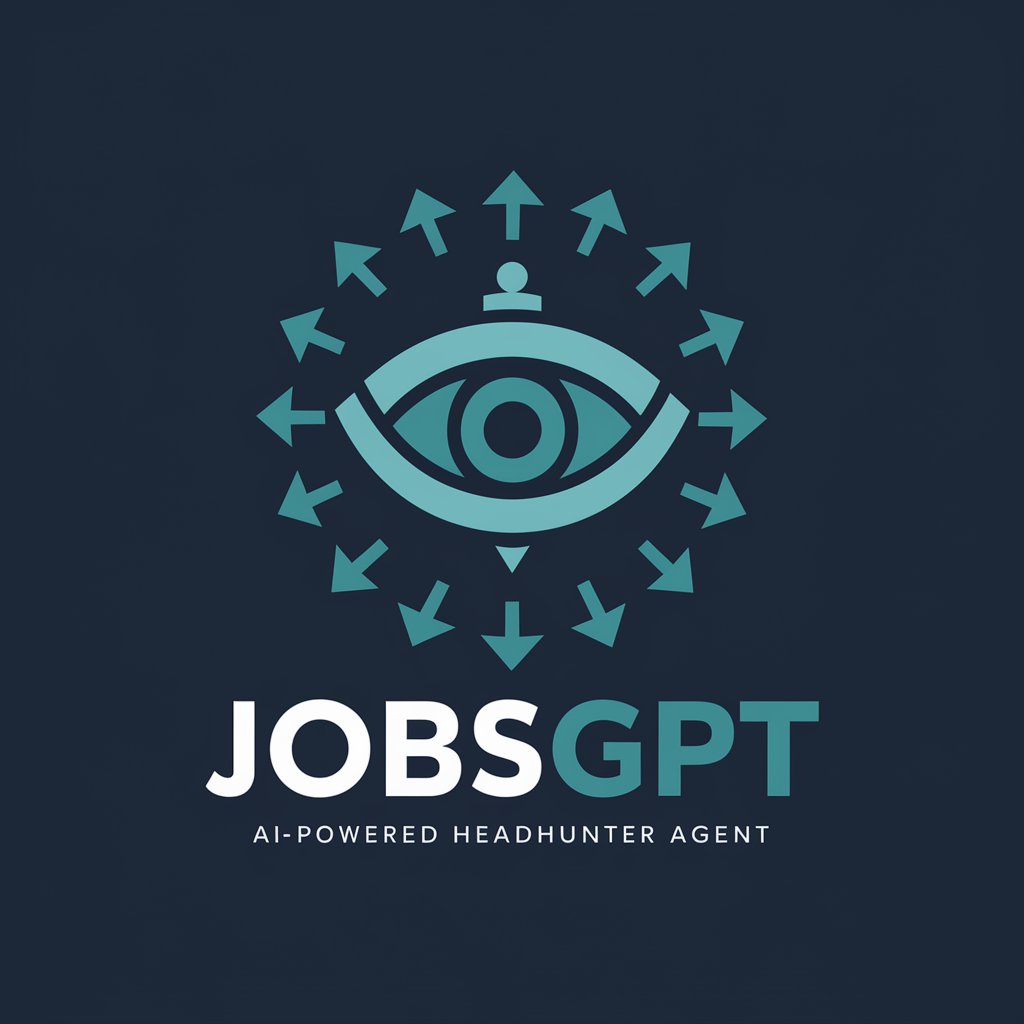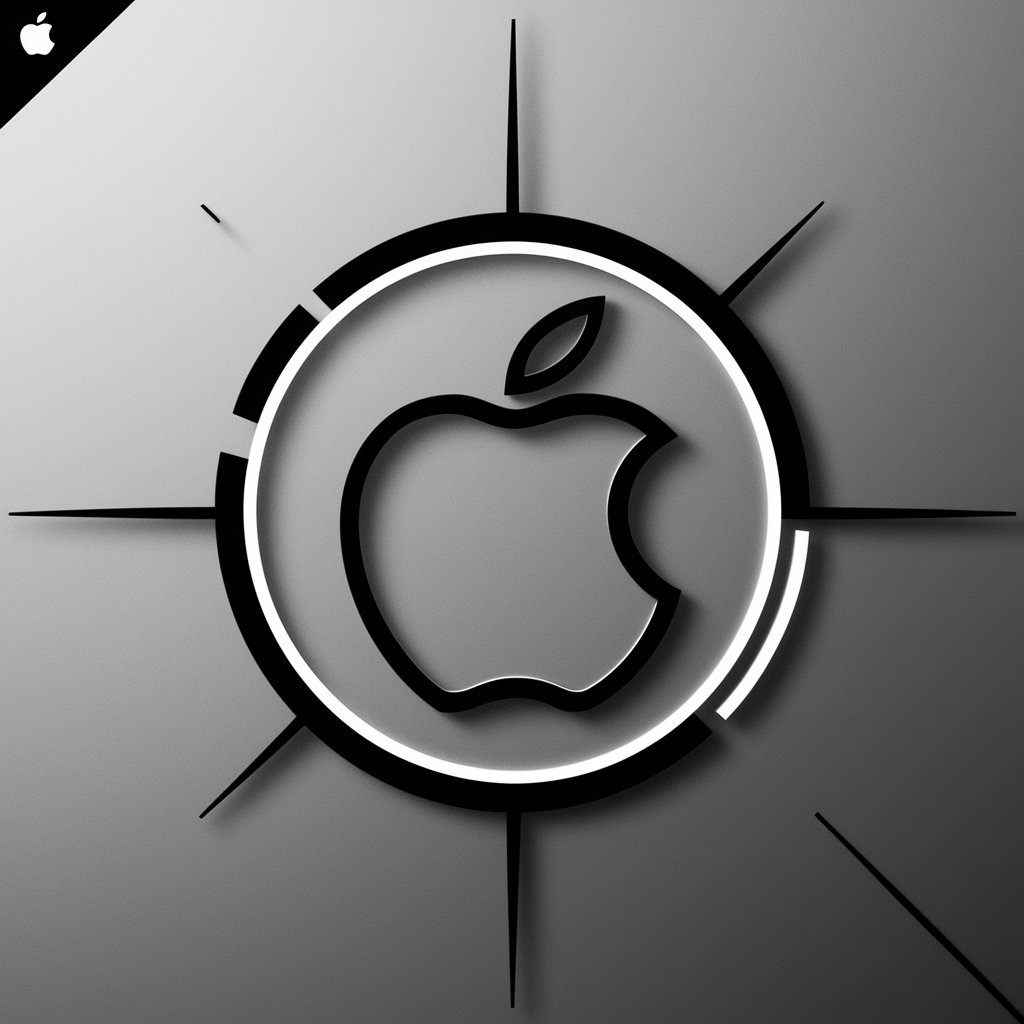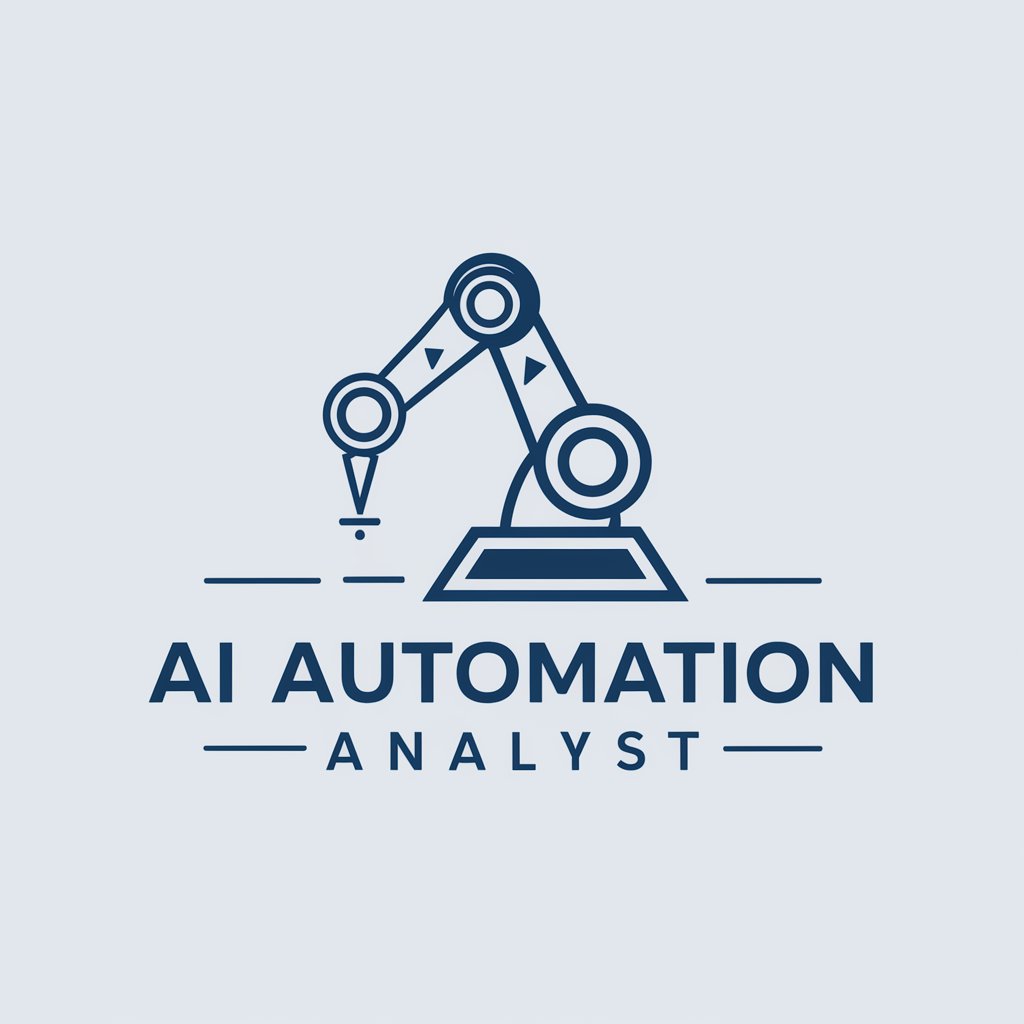
Jobs Replaced by AI - Analysis of AI Job Impact
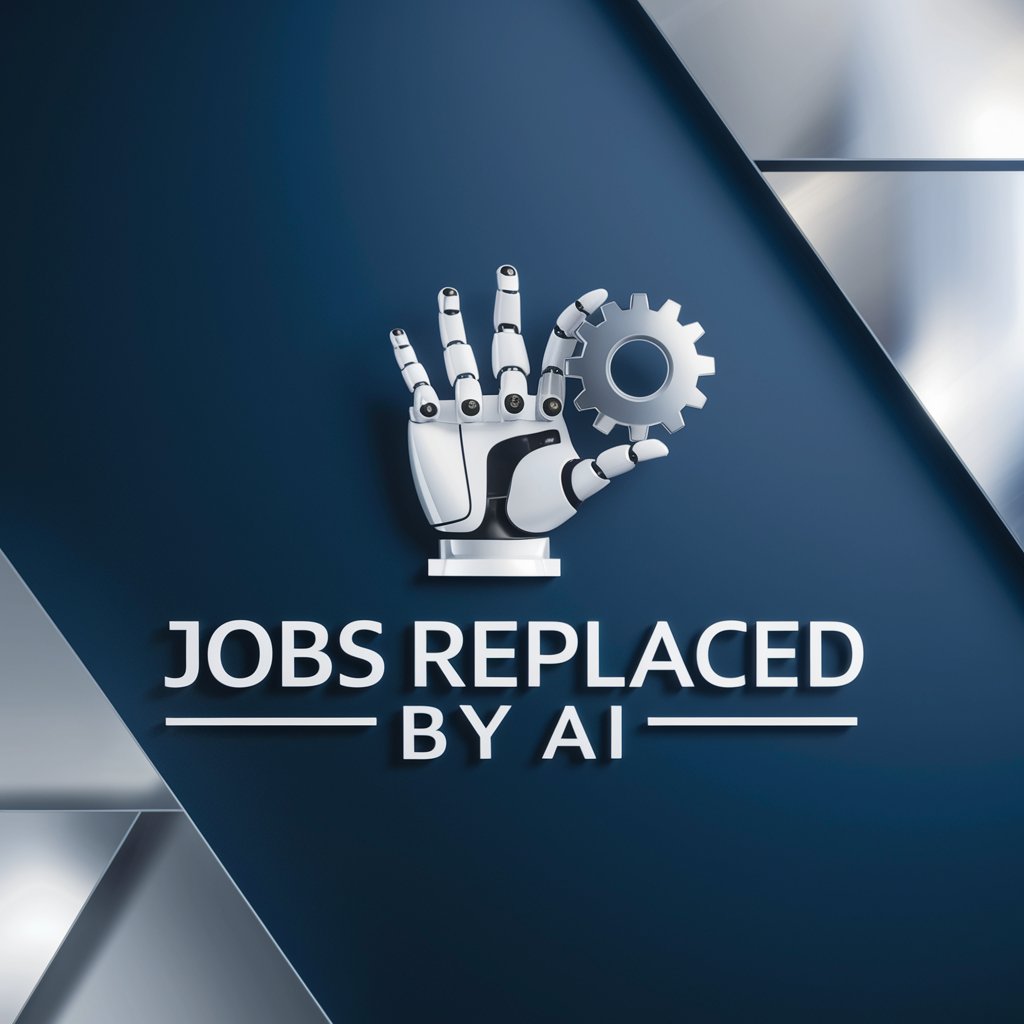
Welcome! Let's explore AI's impact on jobs together.
Navigating the AI Workforce Revolution
How is AI transforming the healthcare industry?
What are some examples of jobs that AI is replacing?
Can AI create new job opportunities?
What skills are becoming more important in an AI-driven world?
Get Embed Code
Overview of Jobs Replaced by AI
Jobs Replaced by AI is a specialized GPT designed to analyze and discuss the impact of artificial intelligence on the job market. It explores how various roles across industries are being transformed or potentially replaced by AI technologies. The aim is to provide insightful, accessible analysis that demystifies AI’s role in the workforce. An example scenario where Jobs Replaced by AI proves useful is in a discussion about the effects of automation in manufacturing, where it can detail how robots and AI systems are taking over tasks traditionally performed by human workers, such as assembly line operations or intricate component manufacturing. Powered by ChatGPT-4o。

Core Functions of Jobs Replaced by AI
Analysis of Industry Impacts
Example
Assessing how AI impacts healthcare, such as AI diagnostic tools replacing certain medical imaging roles.
Scenario
A healthcare manager uses this function to understand which roles might be automated and how to prepare staff for transition or upskilling.
Educational Outreach
Example
Providing educational institutions with data on emerging AI roles and skills needed, aiding curriculum development.
Scenario
Educators use the information to update or design new courses that equip students with skills relevant to an AI-driven job market.
Guidance for Policy Makers
Example
Offering insights into which sectors are most vulnerable to AI disruption, supporting targeted policy development.
Scenario
Policy makers utilize this guidance to draft regulations and support measures that help workers transition into new roles or sectors.
Target User Groups for Jobs Replaced by AI
Business Leaders and Managers
These users benefit from understanding AI’s impact to strategize on workforce management and technological integration.
Educators and Academics
This group uses the GPT to access information that helps shape educational programs to prepare students for a changing job landscape.
Policy Makers and Government Officials
They use the tool to gain insights for creating supportive policies that mitigate AI’s disruptive effects on employment.

How to Use Jobs Replaced by AI
Access the Tool
Navigate to yeschat.ai to start your free trial without any need for login or subscription to ChatGPT Plus.
Identify Your Needs
Evaluate which aspects of your job or industry you're curious about regarding AI's impact, such as automation potential or job displacement risks.
Interact with the GPT
Input your specific queries about AI's role in various professions or request general information about trends in AI and employment.
Utilize Insights
Use the provided insights for academic research, industry analysis, or personal knowledge enhancement about AI's integration into the workforce.
Follow-Up Questions
Engage with follow-up questions based on the initial answers to explore deeper into the subject matter and refine your understanding.
Try other advanced and practical GPTs
Replace Text Tool
Empower Your Edits with AI
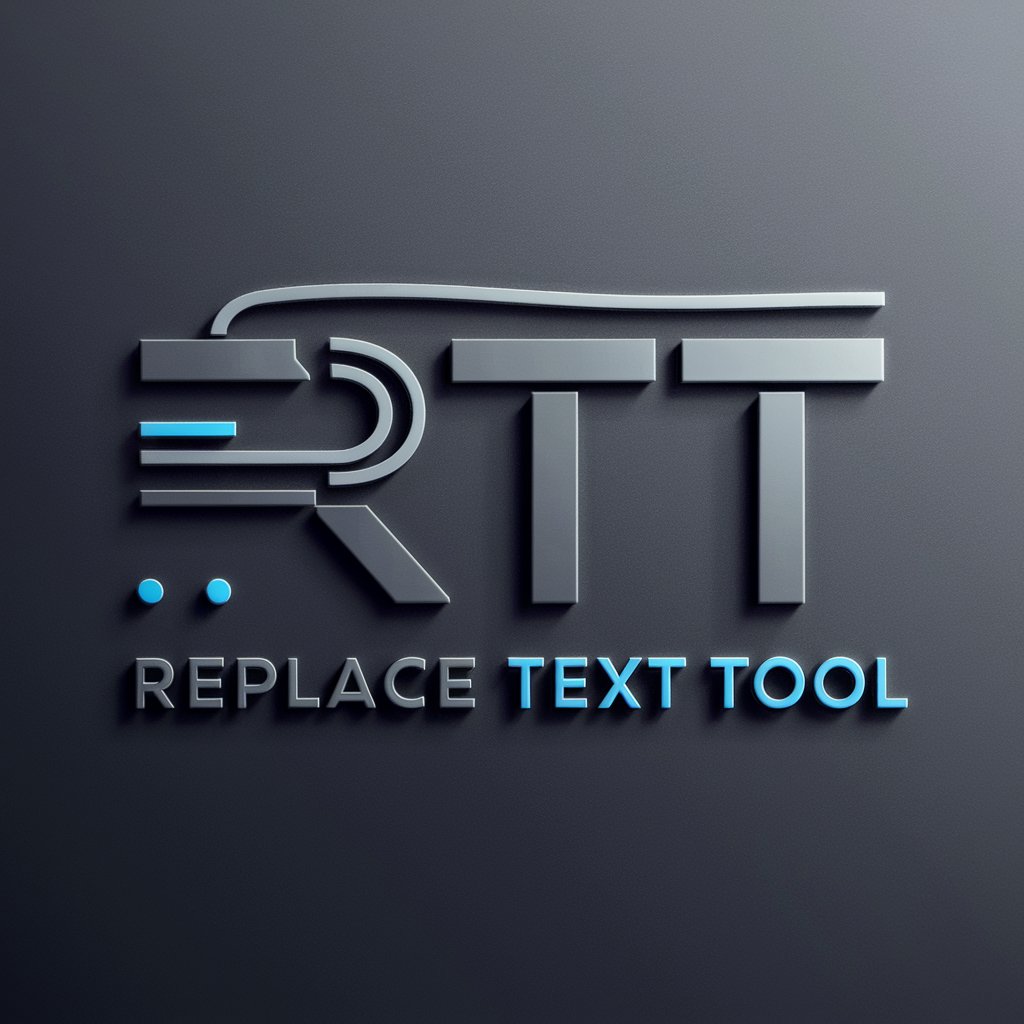
Replacement Parts
AI-Driven Part Matching and Sourcing

Tire Replacement Gauge
Automated AI-Powered Tire Analysis

AI Replaced Me, Now What?
Strategize Your Career in the AI Era
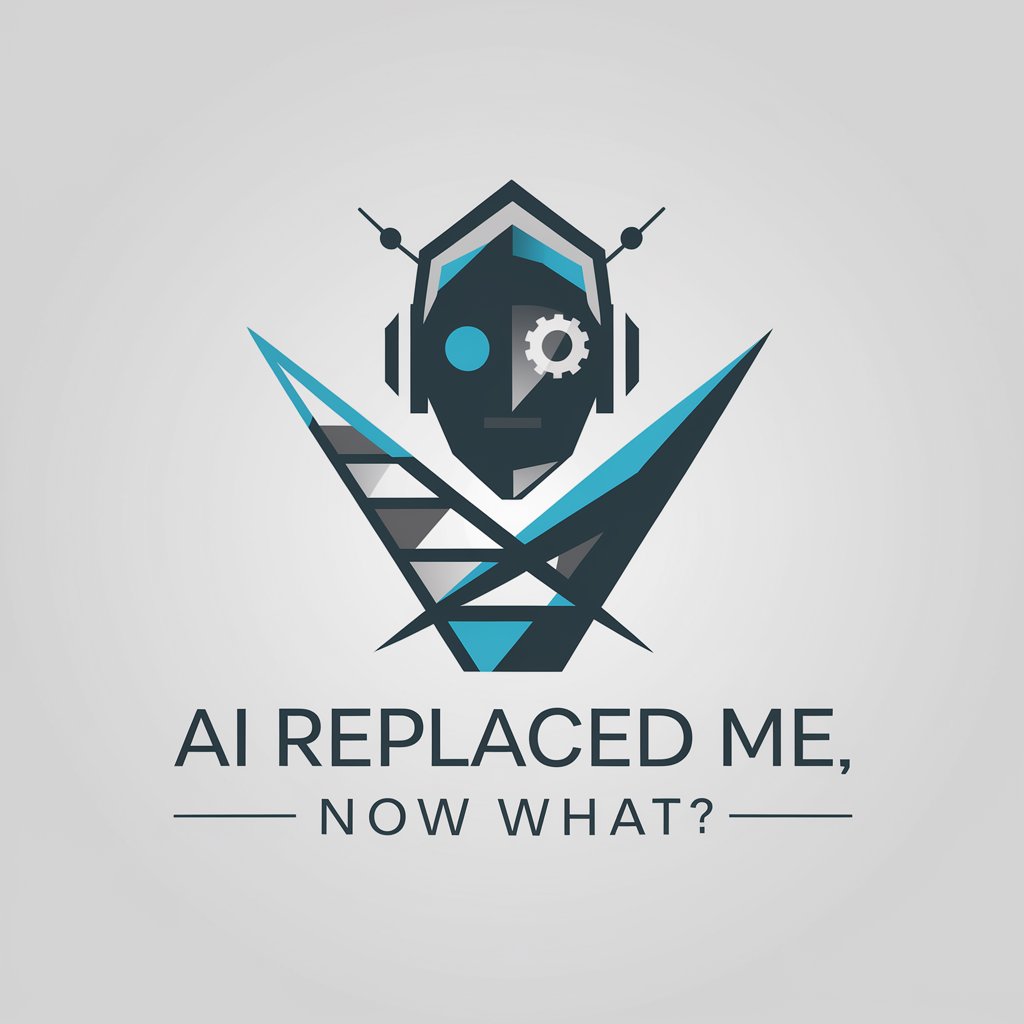
Conveyancer Replacer
Streamlining Property Transactions with AI
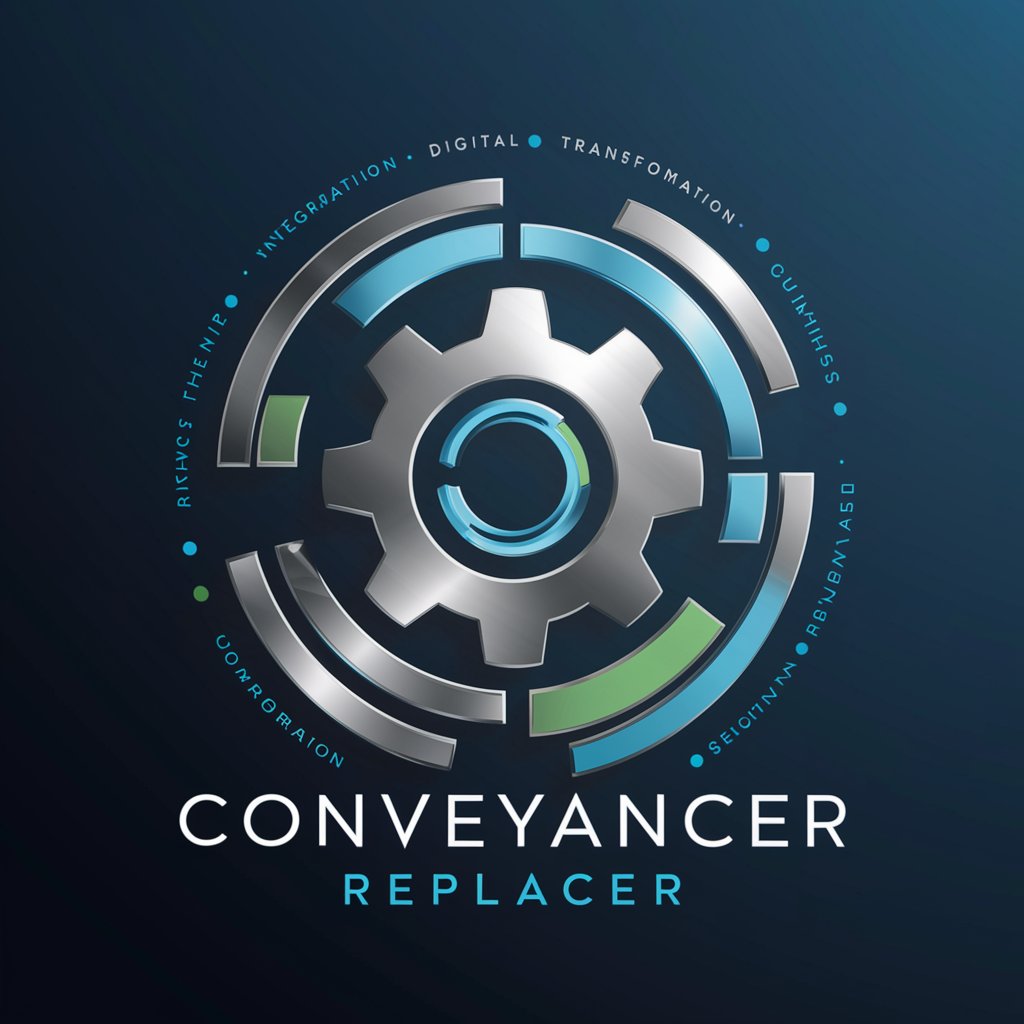
ゆるキャラ作成
Empower Your Creativity with AI

Will AI Replace Me?
Assess Your AI Displacement Risk
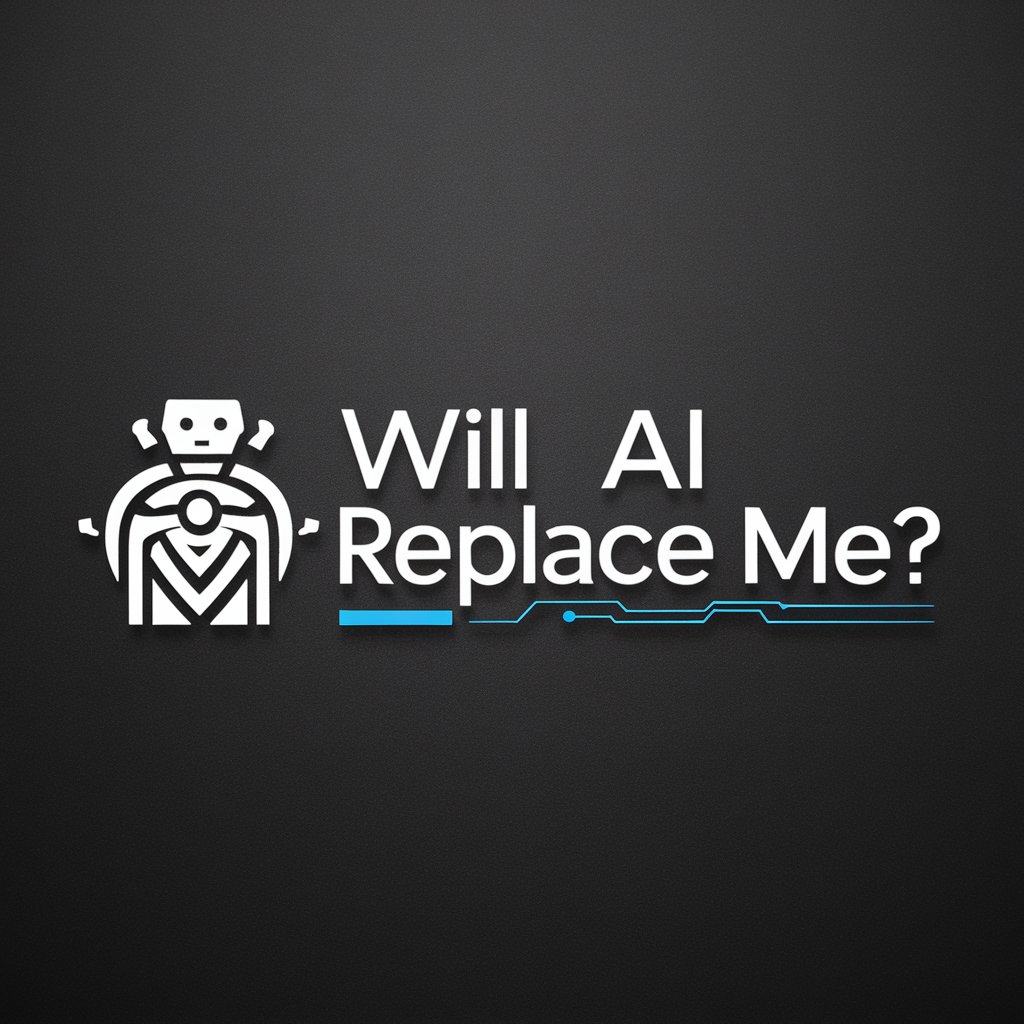
Replace Anything
Transform Any Content Seamlessly

UNITED KINGDOM 🇬🇧
Empowering UK journeys with AI

United States Code
Deciphering Law with AI
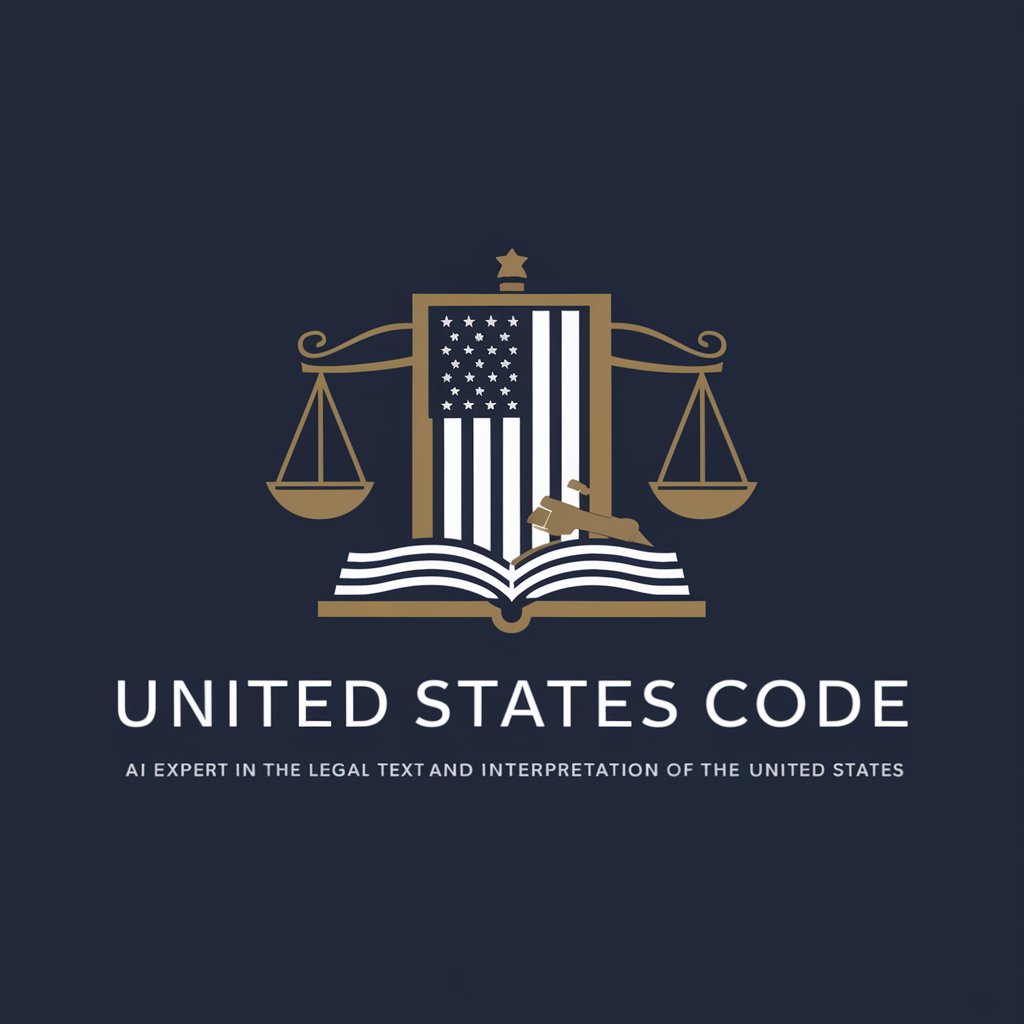
Nurses United
Empowering Nurses through AI

Movie Critic
Analyzing cinema through AI-powered insights

Frequently Asked Questions About Jobs Replaced by AI
What jobs are most at risk of being replaced by AI?
Jobs involving repetitive, routine tasks such as data entry, telemarketing, and basic customer service are most susceptible to automation by AI.
Can AI create new job opportunities?
Yes, while AI displaces certain jobs, it also creates new roles, particularly in fields requiring AI management, oversight, and ethical considerations.
How does AI impact the job market in developing countries?
AI's impact varies; it can exacerbate existing economic challenges by displacing low-skill jobs or enhance productivity and create new tech-driven opportunities.
What are the ethical concerns with AI replacing jobs?
Ethical concerns include potential increases in unemployment, wage inequality, and the need for policies to manage workforce transitions responsibly.
How can professionals adapt to AI-driven changes?
Continuous learning, skill development in AI and tech-related fields, and adaptability to new tools and methodologies are crucial for professionals.
